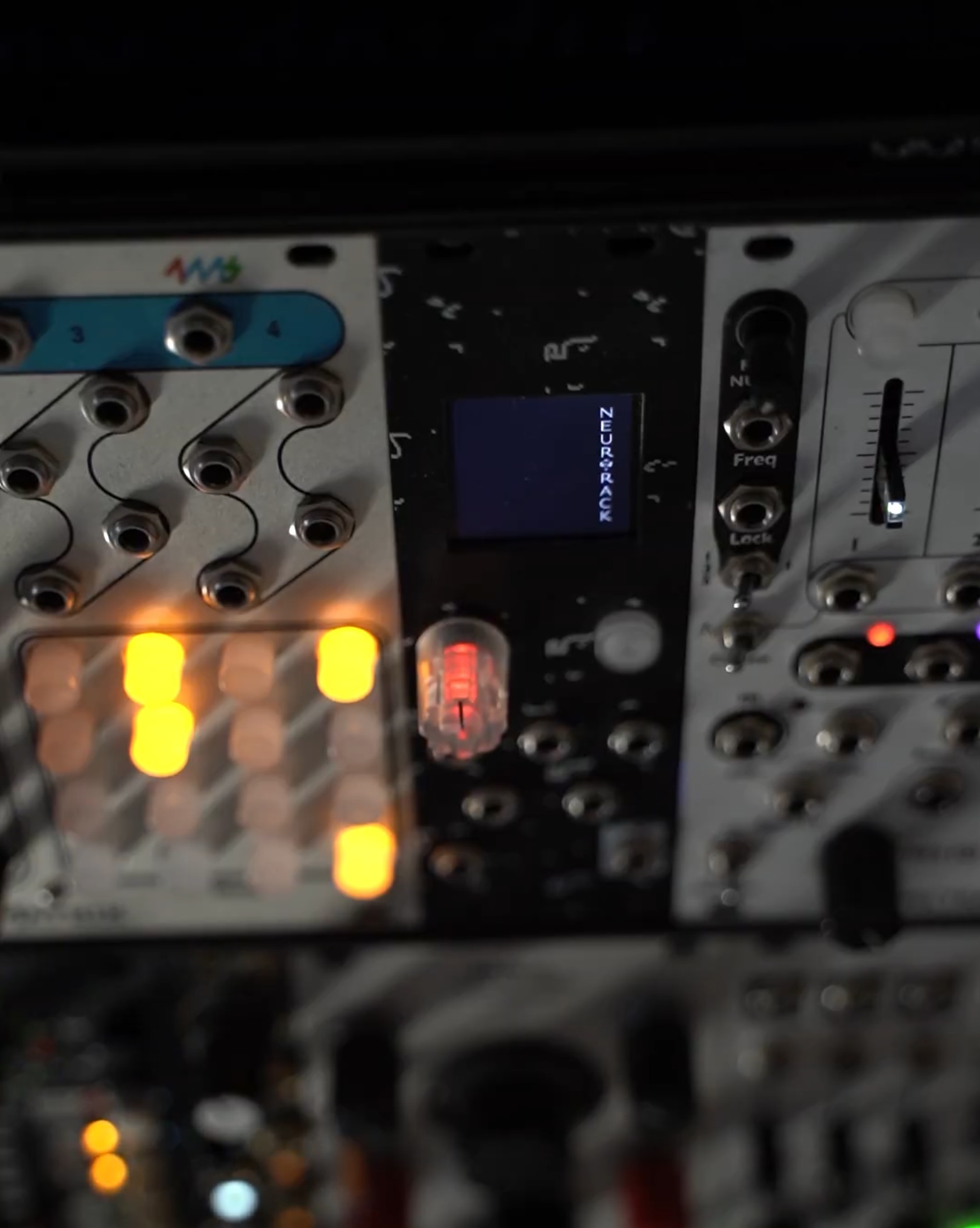Ninon Devis Salvy, doctorante au sein de l’ED 130 de Sorbonne Université, chercheuse en audio chez Native Instruments et artiste sonore, spécialisée dans l’intelligence artificielle appliquée à la musique, soutiendra sa thèse intitulée :
« Creative Deep Learning on Real Time Embedded Architecture » au sein de l’équipe Analyses-Synthèses de l’IRCAM, sous la direction de Charlotte Truchet et Carlos Agon.
Son travail porte sur la synthèse neuronale en temps réel, les synthétiseurs basés sur l’apprentissage profond, et le contrôle de modèles génératifs. Créatrice du Neurorack, premier synthétiseur modulaire au format Eurorack intégrant une génération sonore par deep learning, elle explore l’intersection entre créativité et intelligence artificielle, en s’appuyant sur ses propres modèles pour étendre les possibilités expressives de la performance musicale.
La soutenance se tiendra en anglais à l’IRCAM, le lundi 12 mai 2025 à 15h, en salle Stravinsky.
Elle sera diffusée en ligne à l'adresse suivante : https://youtube.com/live/4KoAmbZw6Xg
Le jury sera composé de :
Cheng-Zhi Anna Huang, Associate Professor (MIT) — Rapportrice
Philippe Codognet, Professeur (Sorbonne Université) — Rapporteur
Joanna Demers, Professeure (USC Thornton School of Music) — Examinatrice
Laure Gonnord, Professeure (Grenoble INP) — Examinatrice
Anne Alombert, Maîtresse de conférences (Paris 8) — Examinatrice
Pierre Saint-Germier, Chargé de recherche (CNRS) — Examinateur
Résumé :
Les avancées récentes en deep learning ont ouvert des perspectives inédites pour les applications audio en temps réel, notamment en musique. Cette thèse explore la conception d’un instrument musical exploitant ces technologies pour générer des sons de manière expressive et intuitive, en temps réel.
Elle propose un modèle innovant de manipulation du timbre basé sur des descripteurs perceptifs, permettant des transformations sonores flexibles grâce à des architectures comme Fader Networks et RAVE. Ce travail se concrétise avec le Neurorack, un synthétiseur modulaire autonome où l’IA génère le son, pensé pour la scène et la création musicale contemporaine.
Enfin, la thèse interroge le rôle de l’intelligence artificielle dans les processus créatifs, en défendant une approche où la machine assiste sans contraindre, pour préserver la singularité artistique et favoriser une relation critique et enrichissante entre l’humain et la technologie.
